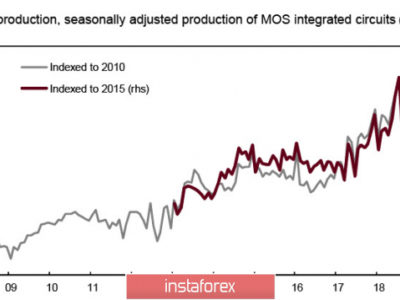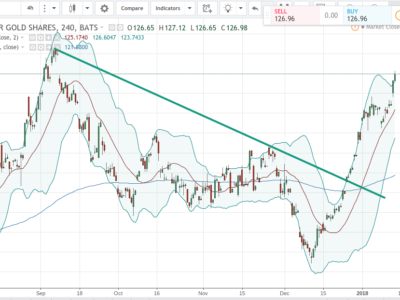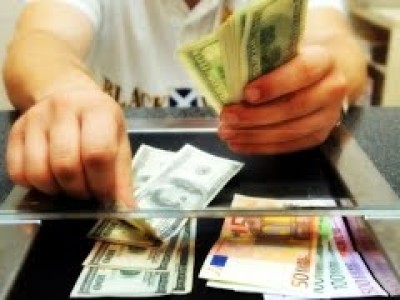How Turkey’s Failed Coup Could Impact Its Economy
An attempted coup by a segment of the Turkish military calling itself the Peace at Home Council was shot down over the weekend, as President Recep Tayyip Erdogan reaffirmed control over the country. More than 200 people were killed and 7,543 detained following the 24-hour siege, according to latest government sources.
While the coup attempt clearly highlights sharp divisions within the country, it is also likely to have negative consequences on Turkey’s struggling economy. Shares in Istanbul plunged 7.1% immediately after the attempted takeover. The Turkish lira also fell nearly 5% before mounting a recovery on Monday.
Surprisingly, global markets shrugged off the attempted coup thanks to “swift resolution of the problem,” according to Salman Ahmed, a global strategist at Swiss investment manager Lombard Odier.
While the immediate threat has been quelled, experts warn that the real downside to the economy is the political fallout 6-12 months down the road. As it currently stands, Turkey faces an uncertain outlook. The initial response from Erdogan seems to be an even greater clampdown on civil society, which means even greater centralization that could make Turkey less attractive to foreign investors.
President Erdogan recently stated that he was ready to reintroduce the death penalty in response to the attempted coup. Such a move would put Turkey at odds with the European Union (EU). According to one EU official, reintroducing the death penalty would disqualify Ankara from entering the EU.
“Let me be very clear on one thing … No country can become an EU member state if it introduces [the] death penalty,” EU foreign policy chief Federica Mogherini said, as quoted by CNN.
Turkey’s political turbulence could impact its economy in more ways than one. Not only does it have the potential to weaken domestic output, it can also dry up foreign inflows the country desperately needs to finance its huge account deficit, which last stood at about 4% of gross domestic product. A decline in inflows could also weaken imports, leading to a depreciation of the Turkish lira. Exports are quick to note that Turkey has a low domestic savings rate, making it reliant on foreign capital flows.
The lack of stable governance would also stymie economic growth. It came as no coincidence that the country experienced faster growth in the early 2000s at a time where improvements in governance were steady and substantial.
As it currently stands, the Turkish conflict has been contained. This could quickly change if investors feel Erdogan is attempting to consolidate even greater control of a nation of 75 million that finds itself at political odds with Europe and at war with multiple factions in Syria.
The post How Turkey’s Failed Coup Could Impact Its Economy appeared first on Forex.Info.














